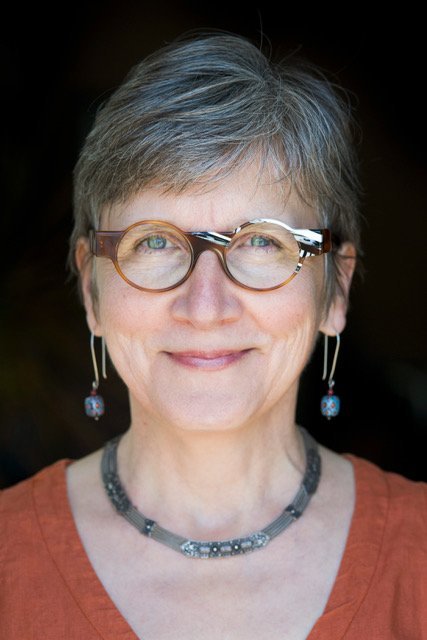Dr. Carol on Social Prescribing
By Dr. Carol Wiebe MD
Fiona asks…. My Scottish mother-in-law was recently prescribed weekly art gallery tours by her family physician. She called it a “social prescription”.
Can Canadian doctors prescribe similar programs? How can an art gallery make any difference to someone’s health?
Dr. Carol: Thanks for asking! The Radical Connections team was just discussing this with the Music & Health Research Institute and arts administrators from the City of Ottawa. While the UK has been doing social prescriptions for years, Canada is only recently recognizing their value. I found two excellent articles with information, one in Canadian Family Physician[1] and a recent review from the Ontario Hospital Association[2].
What is social prescribing? It is a tool that complements and supports medical care by connecting people to a range of local, non-clinical services that address the social determinants of health. Social prescribing emphasizes co-creating better health solutions with clients and community providers.
What are the Social Determinants of Health? As defined by the WHO, Social Determinants of Health are: “the non-medical factors that influence health outcomes. They are the conditions in which people are born, grow, work, live, and age, and the wider set of forces and systems shaping the conditions of daily life.” Five key areas are Economic Stability, Education, Social/Community Context, Health Care, and Neighbourhood/Built Environment.(2)
Social Determinants of Health contribute 80-90% to our health and wellbeing! “social prescribing evaluations have demonstrated improvements in anxiety, depression, health-related quality of life, mental and general wellbeing, isolation, social connectedness and self-care”
“the evidence base did not just show efficacy of arts interventions but also showed economic benefits, with some arts interventions showing equivalent or greater cost–effectiveness to possible health interventions.”[3]
Examples of social prescriptions in Canadian communities (Mulligan, 2021):
There is evidence that Social Prescribing works and the need for more community programs in Canada. Radical Connections will be advocating for and developing programs with arts and health system leaders.
These additional resources may be helpful for exploring this topic in more depth:
• The Social Prescribing Network supports research and evaluation and offers various supports, resources, and opportunities
• The National Academy for Social Prescribing is dedicated to advancing social prescribing through promotion, innovation, and the creation of partnerships across England to promote health and wellbeing.
• NHS: Social prescribing and community-based support: Summary guide (updated 19 June 2020).
Footnotes:
[1] Nowak, D.A. & Mulligan, K. (2021). Social prescribing: A call to action. Canadian Family Physician, 67(2), 88-91, https://doi.org/10.46747/cfp.670288. This commentary offers fundamental values that facilitate clinical discussions related to social prescribing as well as examples of social prescriptions in Canadian communities.
[2] Ontario Hospital Association Population Health Series (2022): https://www.oha.com/Bulletins/Social%20Prescribing.pdf
[3] Fancourt D, Finn S. What is the evidence on the role of the arts in improving health and well-being? A scoping review. Copenhagen: WHO Regional Office for Europe; 2019 (Health Evidence Network (HEN) synthesis report 67).


